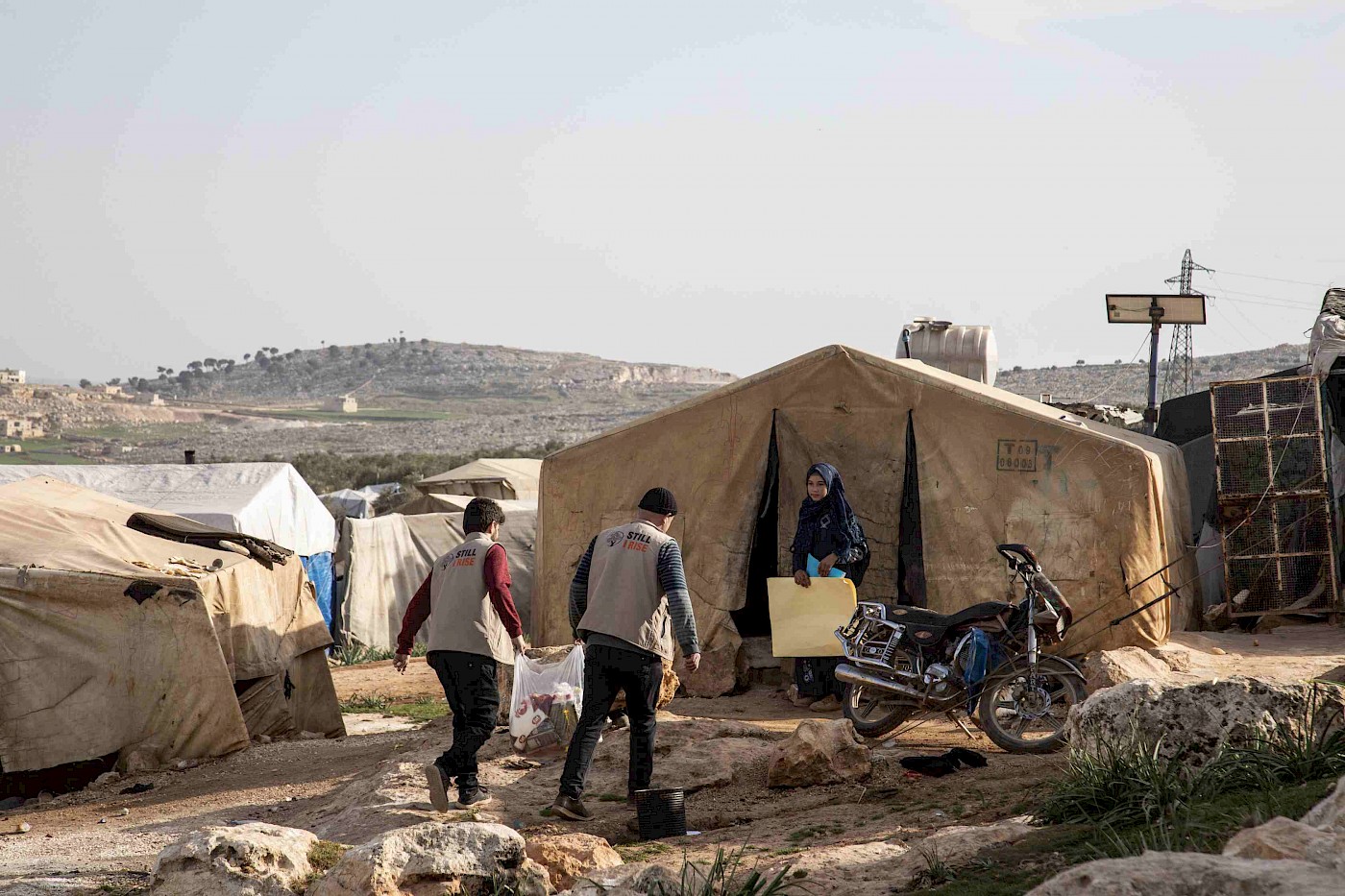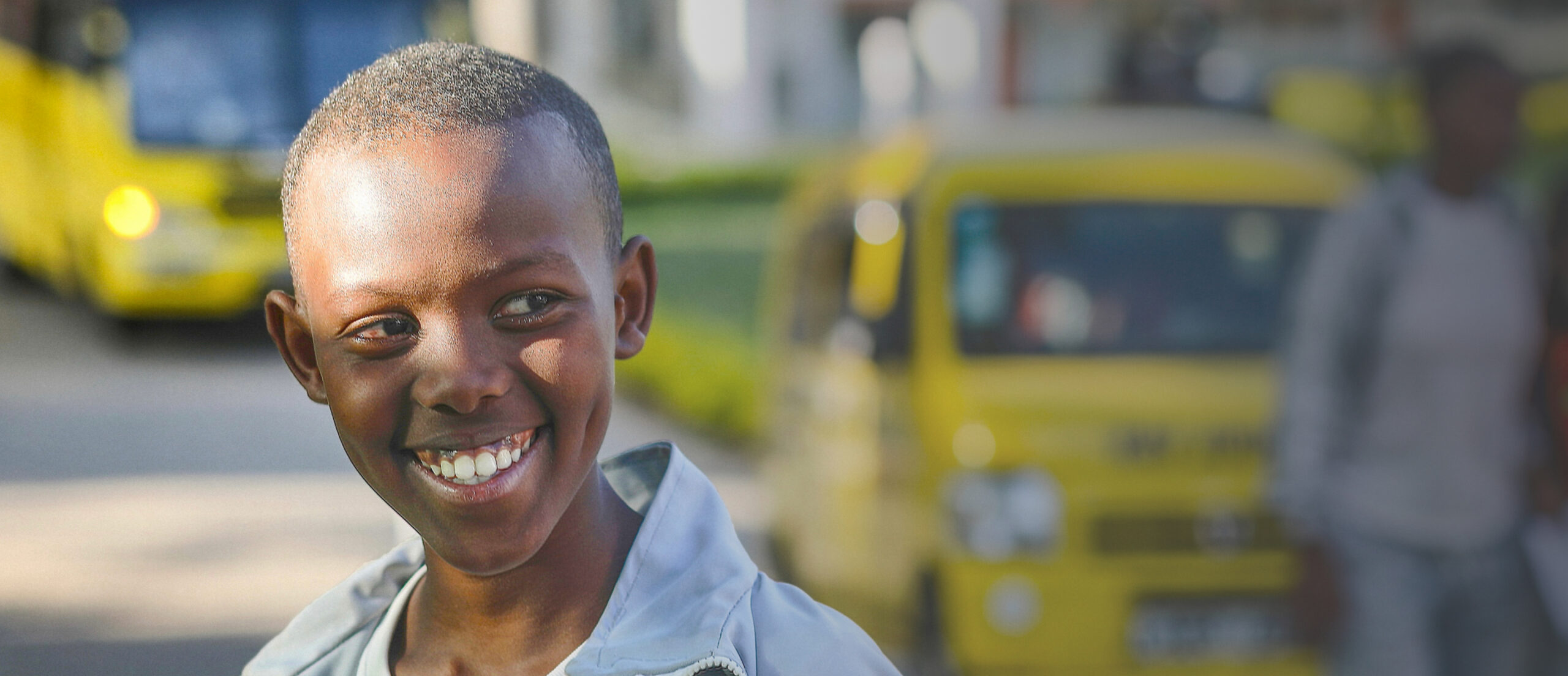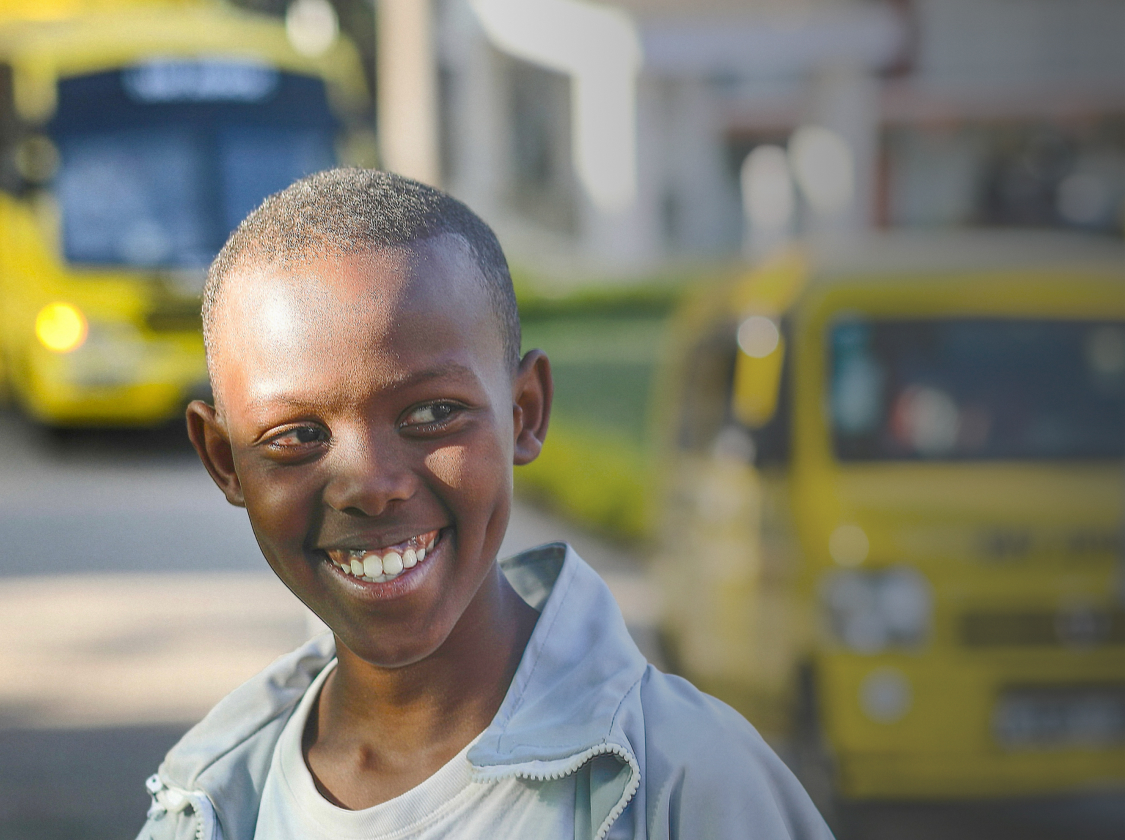Twelve years have passed since the outbreak of the civil war in Syria, one of the worst tragedies of our century that continues to claim innocent victims. While the intensity of hostilities has subsided, the humanitarian situation has reached its most severe point, as witnessed by Still I Rise in the new report “The Earth Shakes Under the Bombs”. The organization has been active in Northwestern Syria since 2020.
The conflict has produced at least 300,000 direct civilian casualties in the first ten years alone and is still far from a peaceful resolution. The many interests involved, from Russia to Turkey, make it more difficult to ensure that those responsible for war crimes are brought to justice, and keep the population in perpetual limbo while humanitarian conditions worsen.
The situation is particularly dire in the North West of the country, an area that remains outside Bashar al-Assad’s control. Due to forced relocations, bombings and sieges by the regime, more than two-thirds of the Northwest’s current 4.5 million inhabitants are internally displaced from other parts of the country. In the Dana subdistrict, where 70% of the displaced are concentrated, eight out of ten of the affected population are women and children living in extreme need.
The COVID-19 health crisis, the cholera epidemic ongoing since the fall of 2022 and the devastating earthquakes on 6 February have contributed to the further deterioration of living conditions. “The vulnerability of the population is intertwined with the complex scenario of actors involved and their interests in the region. Both from a political and humanitarian point of view, Northwestern Syria is a bubble about to burst once again,” said Giulia Cicoli, Advocacy Director at Still I Rise.
COLLAPSING SCHOOL SYSTEM
The school system’s collapse mirrors a long-lasting conflict that, having completely swallowed up the present, casts its shadow on the future as well – the literacy level of an entire generation in Northwest Syria is dramatically low. Of the nearly 2 million school-age children in the area, almost half are out of the school system.
Economic pressures, combined with a shortage of schools and personnel, contribute to a sharp decline in attendance during adolescence. Early dropout from education exposes children to risks and abuse, from exploitation to arranged marriages and early pregnancies. In the long term, dropping out of school also produces a drastic reduction in employment opportunities.
“Do not mourn for the ones who are gone, let down by the international community, but give the many remaining children a chance to go to school, live a normal life, and discover the meaning of the future,” is the appeal made from the rubble by Abdulkafi Alhamdo, Program Manager of Still I Rise in Northwest Syria. [VIDEO]
HEALTH EMERGENCY AND THE WEAPONIZATION OF AID
Throughout the conflict, hospitals and health posts in the Northwest have been targets of frequent military attacks by the regime. International isolation has taken its toll too, causing chronic shortages of facilities, personnel, and equipment.
“Diagnostic and therapeutic procedures for oncology patients, cardiac catheterization, and some kinds of surgical operations are not available in the entire area of Northwestern Syria. In addition, it is impossible to take care of the severely injured from last month’s earthquake without the proper medical equipment,” said Othman Alhassan, a physician in Dana.
The earthquake-related emergency led to the rapid depletion of stocks of disposable medical supplies, but international aid has been slow to arrive – a well-established strategy on the part of Damascus, which for years has been using the flow of aid to the Northwest as an economic and political blackmail tool for its own international rehabilitation.
“Normalizing relations with the regime would amount to an implicit condoning of its war crimes, as well as torture and disappearances. Millions of Syrians have been suffering for a full 12 years. Peace is not an option without justice for all victims,” Giulia Cicoli concluded.
LIFE AFTER THE EARTHQUAKE: THE VOICES OF CHILDREN
The testimonies of Still I Rise’s students offer a glimpse into Northwest Syria, where the earthquake has upset the precarious balance of daily life.
“We moved to a camp because our house cracked. The camp is far away from everything and is not serviced well. It’s just two rooms for nine family members,” Ina’am said.
Sabah’s family moved into a tent: “There is no privacy. You can’t imagine the embarrassment when entering the bathroom. I wish it was all just a dream, but it’s not.”
“We cannot live in our flat for fear of another earthquake. We moved to our relatives’ houses. Last night my brother ran into a thief. It’s all terrifying. I miss the feeling of sleeping safely,” said Kenan.(Press release)


